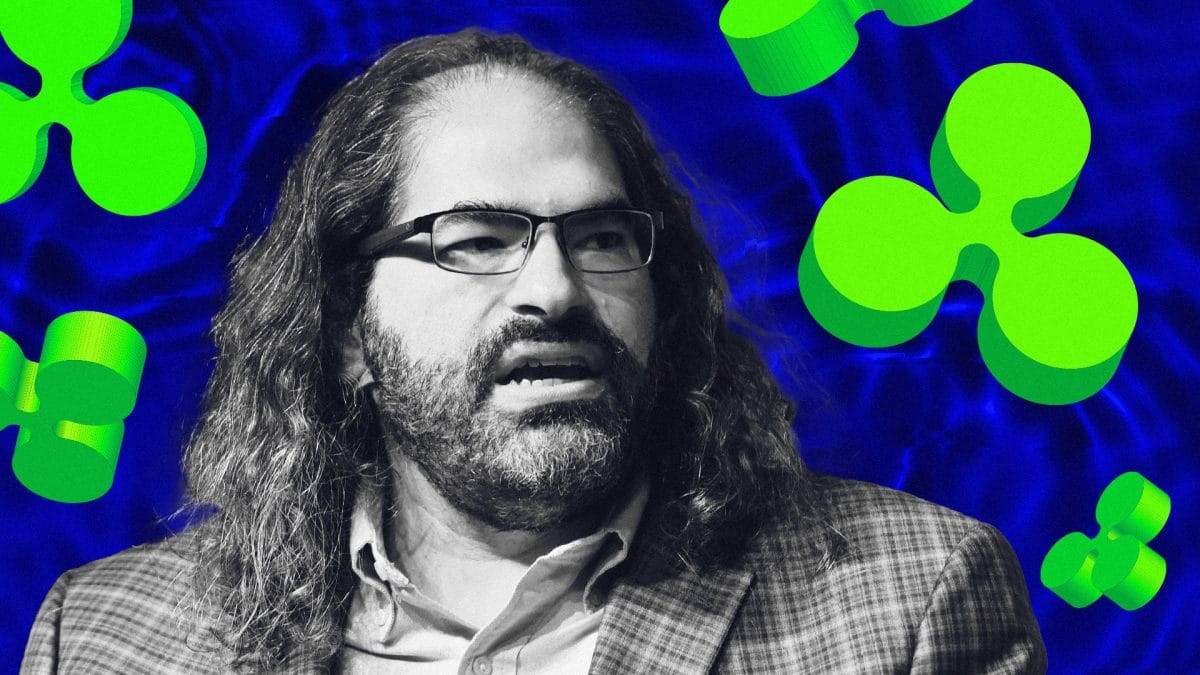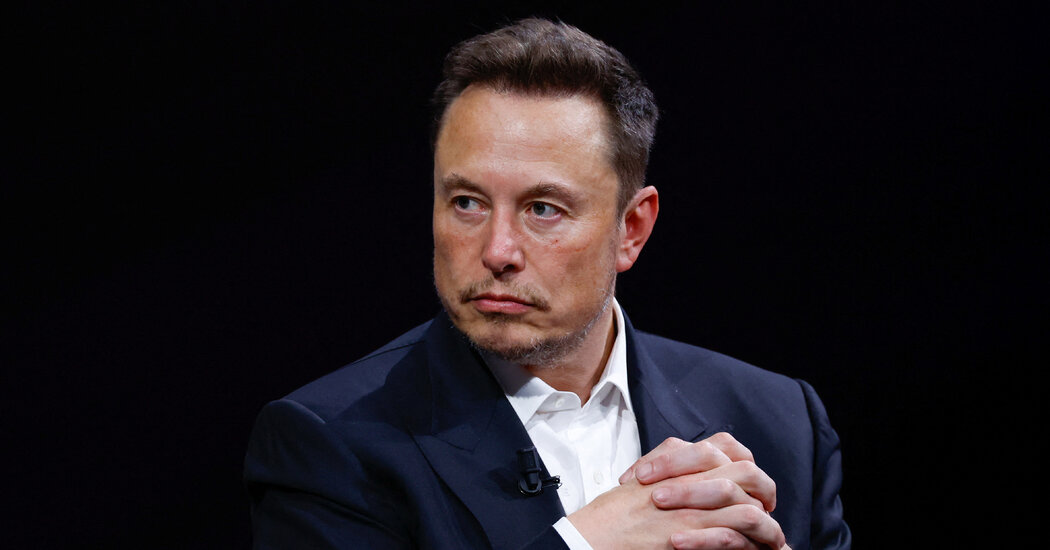A ruling in relation to X versus Media Matters by the U.S. District Court of Columbia was the focal point of a recent post by David Schwartz, Chief Technology Officer of Ripple (Ripple CTO). An injunction has been awarded by a court against what was described as a retaliatory investigation by X against Media Matters.
His words spread like wildfire on the web and thus were a clear sign of universal interest in this case. Media Matters introduced the clash by accusing X of extremist content, which led to X’s viewpoint that there was a legal fight in which X was defending the right to freedom of speech. The intervention of the judicial system has put it into the focus of the current debate regarding freedom of speech and digital media.
Court issues order protecting media freedom
The lawsuit began late last year after Media Matters alerted that antisemitic materials were being posted on X. Consequently, X Corp, led by Elon Musk, decided to sue the media watchdog. The act has, however, sparked much debate, especially in light of Musk’s reputation as a champion of free speech and the purpose that such a platform is supposed to serve in the public discussion.
It has turned the case into a media, tech, and legal story. The temporary restraining order in favor of the defendants, who are the employees of Media Matters, underlines the judiciary’s stance regarding protecting journalistic freedom. These occurrences, hence, mark the stage of media liability and the defense of speech rights in the electronic age.
Ripple CTO support and wider perspective
Even though Media Matters has been embroiled in controversies, including accusations of unethical content management practices, Ripple CTO has lent his support to the organization. His comments shed light on his opinions of freedom of speech and what technology companies should be doing to moderate their content. This position is especially remarkable in light of the whole tech industry’s attempts to deal with questions of content moderation and public trust.
Schwartz’s continuing coverage of the case indicates her profound concern with the standards used in technology and media regarding speech and retaliations in a legal context. His participation and open advocacy brought a focus to, for instance, the related interests of tech leaders in court decisions that could affect the industry’s regulatory environment. The participation of the Ripple CTO in this conversation shows the changes within the discourse of digital rights and corporate responsibility.





